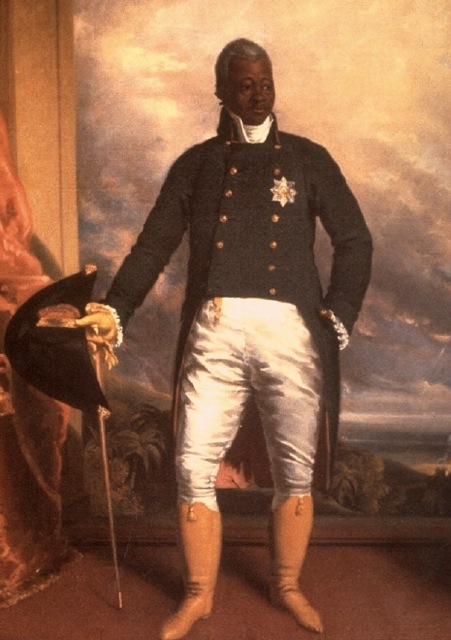Jan
17
Pensamientos sobre la segunda mitad
Posted by: | January 17, 2010 | Comments Off on Pensamientos sobre la segunda mitad
First of all, thank you all for the comments. Second, I’d like to apologize for my ill mannered use of profanity when discussing my frustration with how tediously slow the first reading went. Third, I’d like to re-issue a constructive and critical statement regarding the text’s complexity, in which I will include this week’s reading, although this time I will refrain from diction that would be unfit for a university level discussion group, and that may dock me points for being bitchy – I mean for complaining. Like the first mitad, the second mitad of Leyendas de Guatemala, was slow going. I found that spreading the readings out, one act/chapter/cortina per sitting, to be helpful, though retaining important points, the gist, or even the main point of each part was tough. The need for constant reference to the dictionary may hinder the fluidity of the read, and the abstract style of the plot structure makes it tough to get a feel for where the obra is going, especially when the second half becomes a . . . play? Asturias, you had me at “El Cuco de los Sueños va hilando los cuentos,” lost me at pretty much each chapter, kept me turning the pages when you talked about a priest obsessing over a ball that turns out to be the devil, and stole my heart all over again with tortugas barbadas (awesome, though I was dado plazer when I found out my last name, Carey, means sea turtle in Spanish, yeah thats right). Ohh Asturias, how I wish you’d va hilando mis cuentos.
As I see most of the class has already discussed the plot-line, the apparent change of structure and its possible meanings, intentions and/or achievements, I would like to draw attention to a couple parts of the segunda mitad which got me thinking, and I would like to see what others think. First, I will draw attention to one of my favourite philosophical passages of the obra and then compare it to a famous line written by Pedro Calderón de la Barca. (Note: Feedback to the following textual stimuli is both encouraged and expected.)”¡Nada existe, Chinchibirín, todo es sueño en el espejismo inmóvil, sólo la luz que cambia al paso de Cuculcán que va de la mañana a la tarde, de la tarde a la noche, de la noche a la mañana, hace que nos sintamos vivos. ¡La vida es un engaño demasiado serio para que tu lo entiendas Chichibirin!” This passage reminded me of the famous lament by Segismundo en La Vida es Sueño en que lamenta: “La vida es sueño, y los sueños sueños son.” This brings about a discussion of dream v. reality as well as free will v. destiny. What is Asturias getting at here? As most of the leyendas seem to deal with a mezcla of gods and mortals, I would assume he would argue – at least that it was Mayan belief – that the gods dictate the lives of the mortals and that we are bound by the path that they set for us. Guacamayo may be the counter argument, a modern voice speaking out against conventional Mayan belief, and though he may be acting as the crazy drunk, he may be on to something with this whole free will thing. Or he might just be un borracho. Thoughts?
The second recurring issue which I would like to address is that of Guacamayo’s sexist(?) remarks, which include: ‘Las mujeres son vegetales,’ ‘La mujer es la locura . . . es el piquete de la tarántula.’ and ‘La noche se hizo para la mujer.’ I am not quite sure what he is getting at and if or why it is important. As I have written a proficient quantity, arguably above-and-beyond if I may be so bold, I insert the preceding quote with the hopes that someone explain to me Guacamayo’s beef with mujeres.
Oh, I forgot. We discussed in Medieval Spanish Lit that a ‘toothache’ had sexual connotation back in the day. Guacamayo, quien duele no “sólo la muela, todos los dientes”, you horny bastard.

